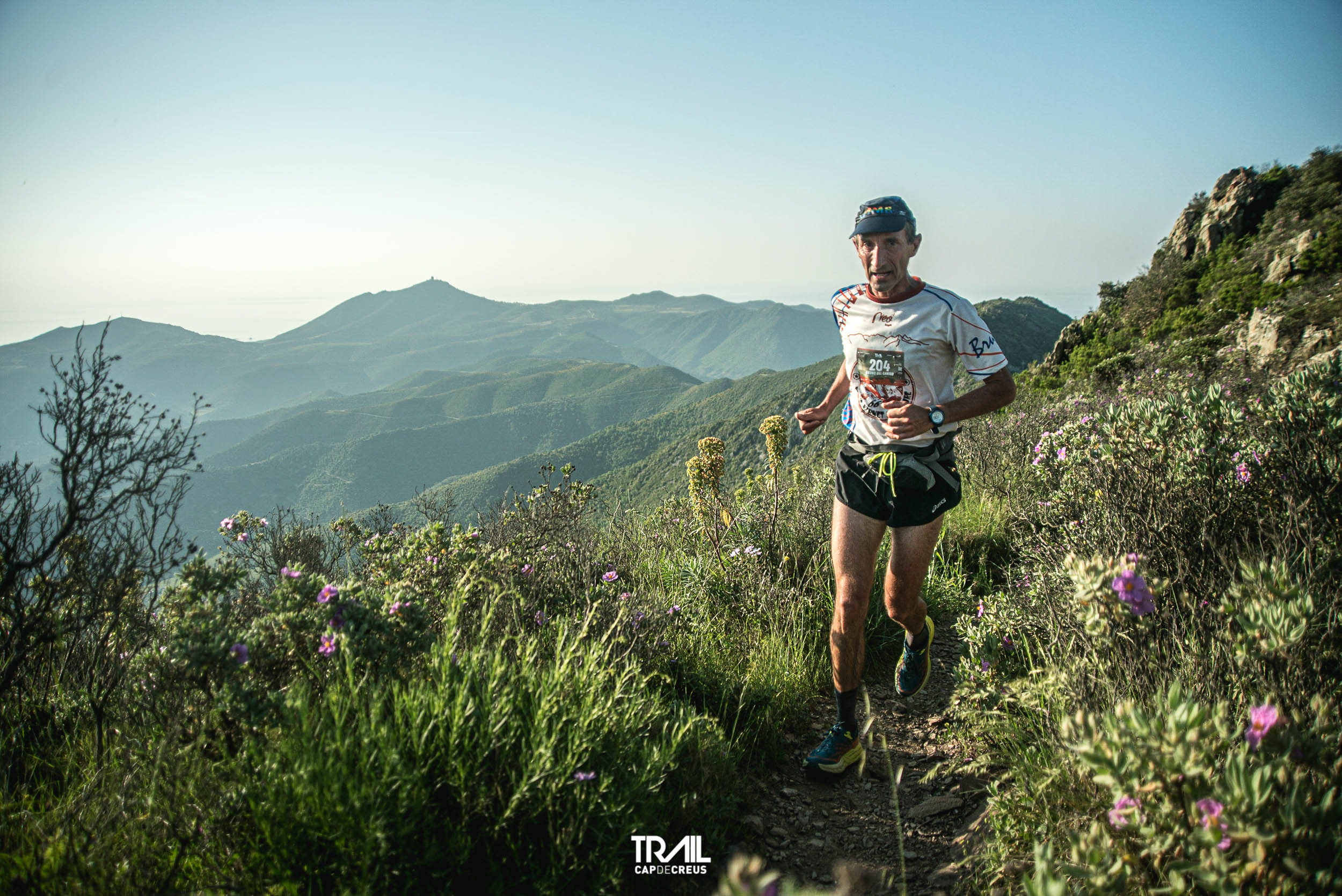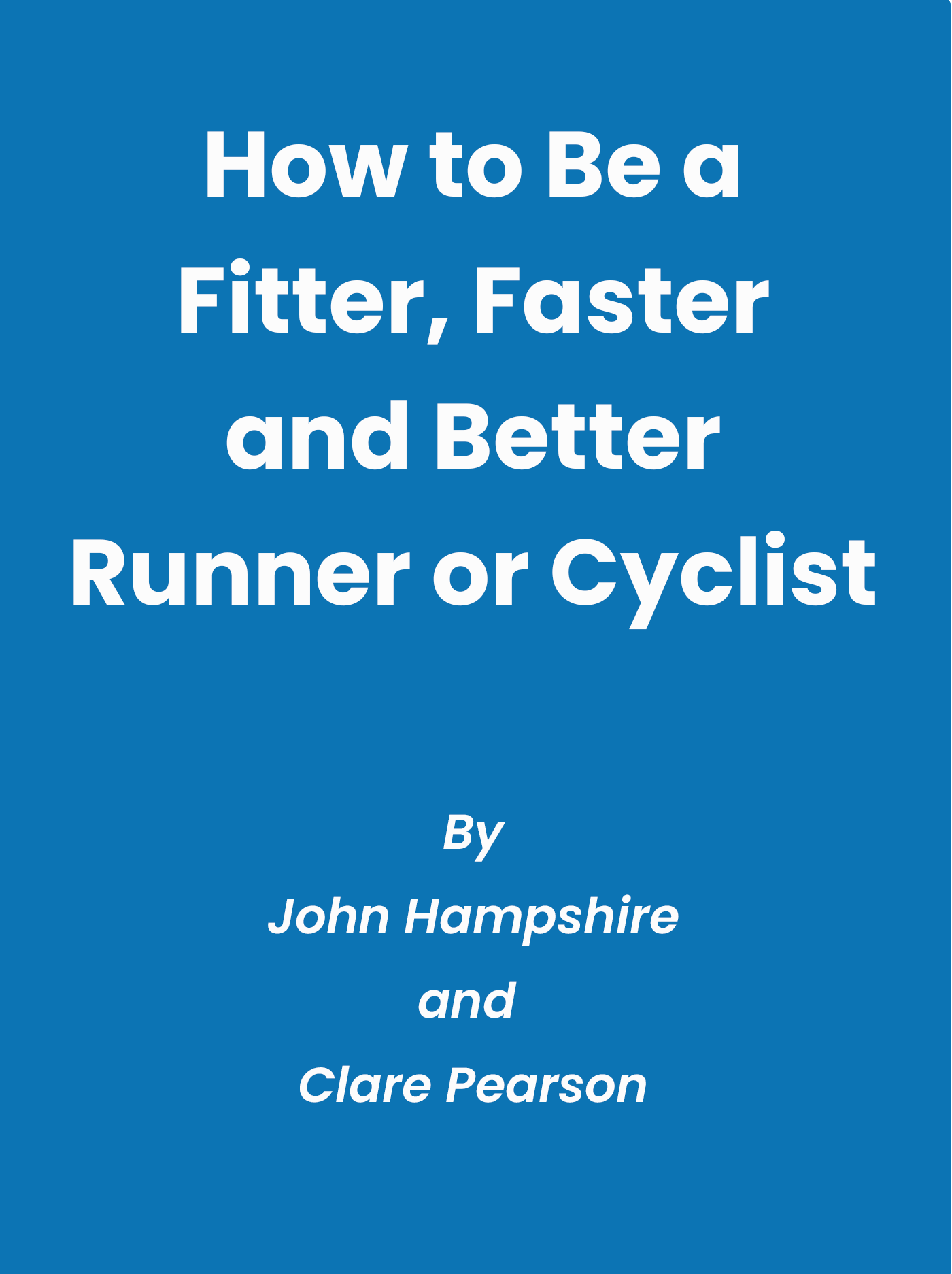Training for an Ultra Endurance Event as an Older Athlete

Our concept of age and getting older is changing and being challenged all the time. As an older athlete training for an ultra endurance event, what do you need to consider?
More rest
Older athletes often have the luxury of more time to train, especially if they are no longer working and do not have too many family commitments. However, as we age, our muscles lose their elasticity and in general we need more time to recover.
It's a good idea to factor in more easy/recovery days into your training; so adding in more easy recovery days per week can help. You may find that taking your recovery block more frequently is also needed. So you might find that after as little as 10 days of harder training you need a few easy days to recover and be ready for another block.
This doesn't mean that you can't make progress, just that it will take you longer to get there. So when planning your next ultra event making sure you have enough time to train for it is key. You may also find that you need to allow more time between to recover.
Strength
As we get into our forties and fifties we start to lose muscle mass so strength training becomes more critical as we get older. To maintain muscle mass we need to lift heavy things and it is much harder to gain muscle mass so starting strength training when you are younger is a good idea.
A good strength programme will help you stay strong so you can keep doing the sports you love and generally stay fit and healthy. It will also help offset the loss of bone density so you are at a reduced risk of osteoporosis.
Intensity
As we age we of course get slower, but that doesn't mean that we can't still do some intensity. Some harder workouts as you age are still good and will help you maintain good fitness markers, like your VO2max. This includes short hard efforts.
As your muscles are less elastic it does become especially important to warm up thoroughly, but keeping in hard efforts if you can is a good way to maintain and improve your fitness.
Volume
Ultra endurance involves volume of course, but as we age we tend to fair better off less volume. Some of this is dependent on your training history. If you have never done much volume you will need to do enough to prepare for your event. If you have a long history of high volume you will find that those years pay off as when needed the endurance is there with carefully placed workouts.
Diet
As we get older our base metabolic rate slows (although less so if we maintain an active healthy lifestyle). You may notice more weight gain than you are used to and also that fatty deposits appear where they had not previously tended to (often around the stomach).
We can't stop our bodies changing as we age and it is critical that we fuel correctly, ensuring we eat a healthy balanced diet in accordance with our calorific need will help offset too much weight gain.
There is some evidence that reducing free radicals can help keep us fitter and healthier as we age so eating foods high in antioxidants can become more important as we age. There are many foods that fit this category, in general eating a diet high in fruit and vegetables will provide you with plenty of antioxidants as well as the vitamins and minerals you need to support your active lifestyle.
Menopause
For men and women hormones change as we age, although the change in women seems to be more marked and come with many syptoms which can make training and doing ultras a challenge.
In particular the reduction in oestrogen causes problems with mood and motivation and whilst perimenopausal the symptoms can be crippling.
Focussing on good protein intake and in particular working with a good Obstetrician Gynaecologist (ObGyn) so that you can make informed choices about hormone replacement therapies and other ways to manage symptoms is key.
Exercise during this time while often difficult is also very good for you so if you want to continue with ultra endurance activities then making sure your medical team are doing what they can to support that is key.
You may find that you need to reduce the intensity on certain days and start to work more with what your body will give on a given day rather than having the luxury of following a set schedule, but keeping going is always better than stopping altogether.
Why not book a free 20 minute consultation with no commitment to see how we can help you?
Subscribe to our blog
Please share with your friends
Other articles you might like
Tags:
cycling, Cycling Training, Bikepacking, ultra running, ultra-cycling, audax, sports psychologyJuly 5, 2024

Comments